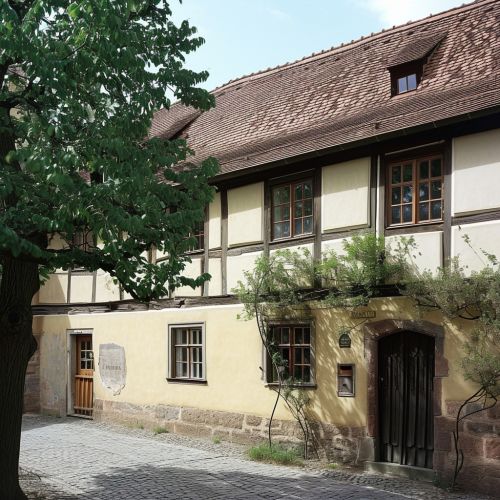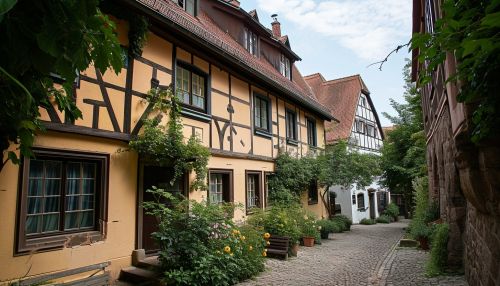Johann Sebastian Bach
Early Life
Johann Sebastian Bach was born on March 31, 1685, in Eisenach, Germany. He was the youngest child of Johann Ambrosius Bach, a town musician, and Maria Elisabeth Lämmerhirt. Bach was introduced to music at an early age, as his father was a string player, court trumpeter, and director of the town musicians.


Education
Bach attended the Latin Grammar School in Eisenach, where he received a rigorous education that was heavily influenced by Lutheran teachings. However, his musical education was primarily informal and largely consisted of learning from his father and his older brother, Johann Christoph Bach, who was an organist at Ohrdruf.
Career
Bach's career spanned over several decades and various geographical locations. He served as a musician in several courts and churches, including the court of Duke Johann Ernst in Weimar, the court of Prince Leopold of Anhalt-Köthen, and the St. Thomas Church in Leipzig.
Weimar (1708–1717)
In Weimar, Bach served as an organist and a concertmaster. During this period, he composed many of his best-known works for the organ, including the Toccata and Fugue in D minor.
Köthen (1717–1723)
In Köthen, Bach served as Kapellmeister (director of music) under Prince Leopold. Here, he focused on instrumental compositions, including the Brandenburg Concertos and the first book of the Well-Tempered Clavier.
Leipzig (1723–1750)
In Leipzig, Bach served as the Thomaskantor, responsible for music in four city churches. During this period, he composed many of his most significant works, including the Mass in B minor and the St. Matthew Passion.
Musical Style and Influence
Bach's music is noted for its intellectual depth, technical command, and artistic beauty. He enriched established German styles through his skill in counterpoint, harmonic and motivic organization, and the adaptation of rhythms, forms, and textures from abroad, particularly from Italy and France. His music is widely regarded as some of the best in Western music history.
Death and Legacy
Bach died on July 28, 1750, in Leipzig. His death marked the end of the Baroque period in music. His compositions, particularly his chorales and chorale preludes, have had a significant impact on subsequent composers and on the Lutheran musical tradition.
